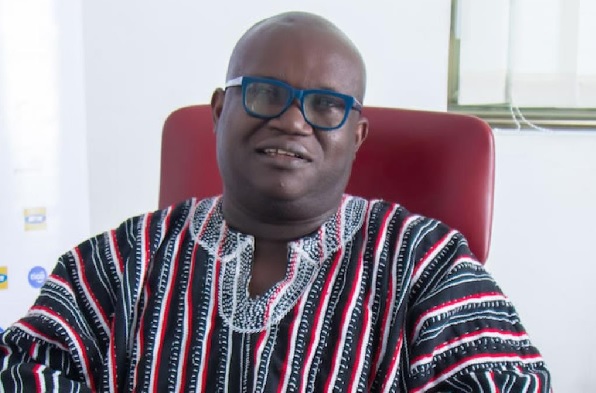
The Ghana Coalition Against Galamsey (GCAG) has intensified calls for President John D. Mahama to declare a state of emergency following escalating violence in Obuasi, which has been linked to illegal miningactivities (galamsey).
The coalition has also expressed grave concerns about the deteriorating state of Ghana’s water bodies and environmental sustainability.
The GCAG, a broad coalition of media organizations, labour unions, civil society groups, and other stakeholders, raised alarm in a recent press statement about the unchecked resurgence of illegal mining. Following reports of heightened violence in Obuasi and Ntrotroso, the coalition warns of severe implications for national security and public health.
Rising Tensions and Environmental Concerns
In their statement, GCAG highlighted alarming findings from August 2024, when the Ghana Water Company reported turbidity levels in certain water sources that were 2,800 times higher than World Health Organization (WHO) safety standards. This environmental crisis has been exacerbated by a perceived lack of governmental action, emboldening illegal mining operations across the country.
“The tragic incidents in Obuasi underscore the urgent need for decisive government action to combat galamsey and its associated violence,” the coalition stated. They emphasized that such events not only harm communities but also pose a direct threat to national security.
Coalition Demands and Recommendations
GCAG has formally written to President Mahama, urging him to take immediate and decisive steps to curb the menace. Among their key demands are:
1. Declaration of a State of Emergency: The coalition insists on deploying military forces to clear illegal mining operations on water bodies.
2. Halting Mining Activities in Protected Areas: They demand an immediate stop to mining within 100 meters of rivers and streams, as well as the abrogation of all mining permits in forest reserves and biodiversity hotspots.
3. Repeal of L.I. 2462: This regulation, which they argue enables illegal activities, should be revoked.
4. Strict Enforcement of Act 995: The Minerals and Mining Act must be applied without bias to prosecute offenders, regardless of their status or political affiliations.
While commending the government for including galamsey in its 120-day agenda, the coalition expressed concerns about the slow pace of action. “Leadership silence is being exploited, and this delay sends the wrong message to perpetrators,” GCAG warned.
Broader Implications
GCAG has called for unity among Ghanaians, urging all political and civil leaders to join the fight against illegal mining. The coalition plans to launch additional advocacy campaigns in the coming weeks to sustain pressure on the government.
“The time for half-measures has passed. Ghana’s future depends on the decisions made today,” stated Kenneth Ashigbey, Convener of GCAG. He emphasized that combatting galamsey is not just an environmental issue but a fight for the survival of communities, ecosystems, and the nation’s economic sustainability.
With the Obuasi violence serving as a stark reminder of the gravity of the issue, all eyes are now on the government’s next steps in tackling this national crisis.



